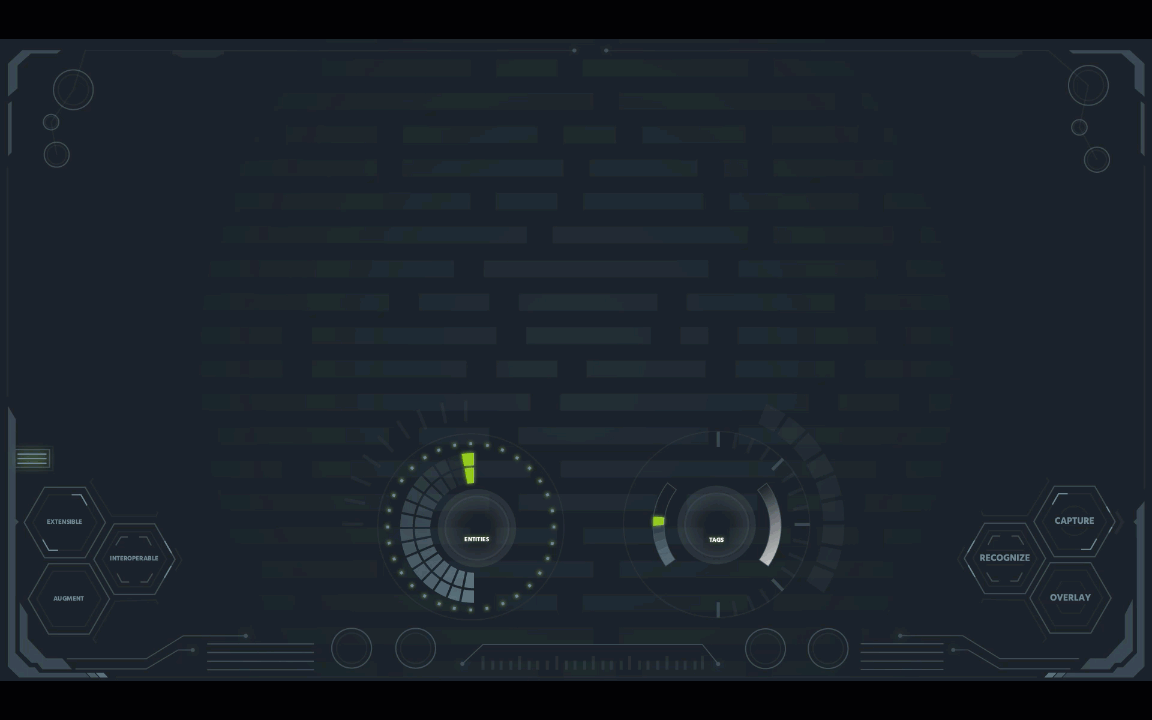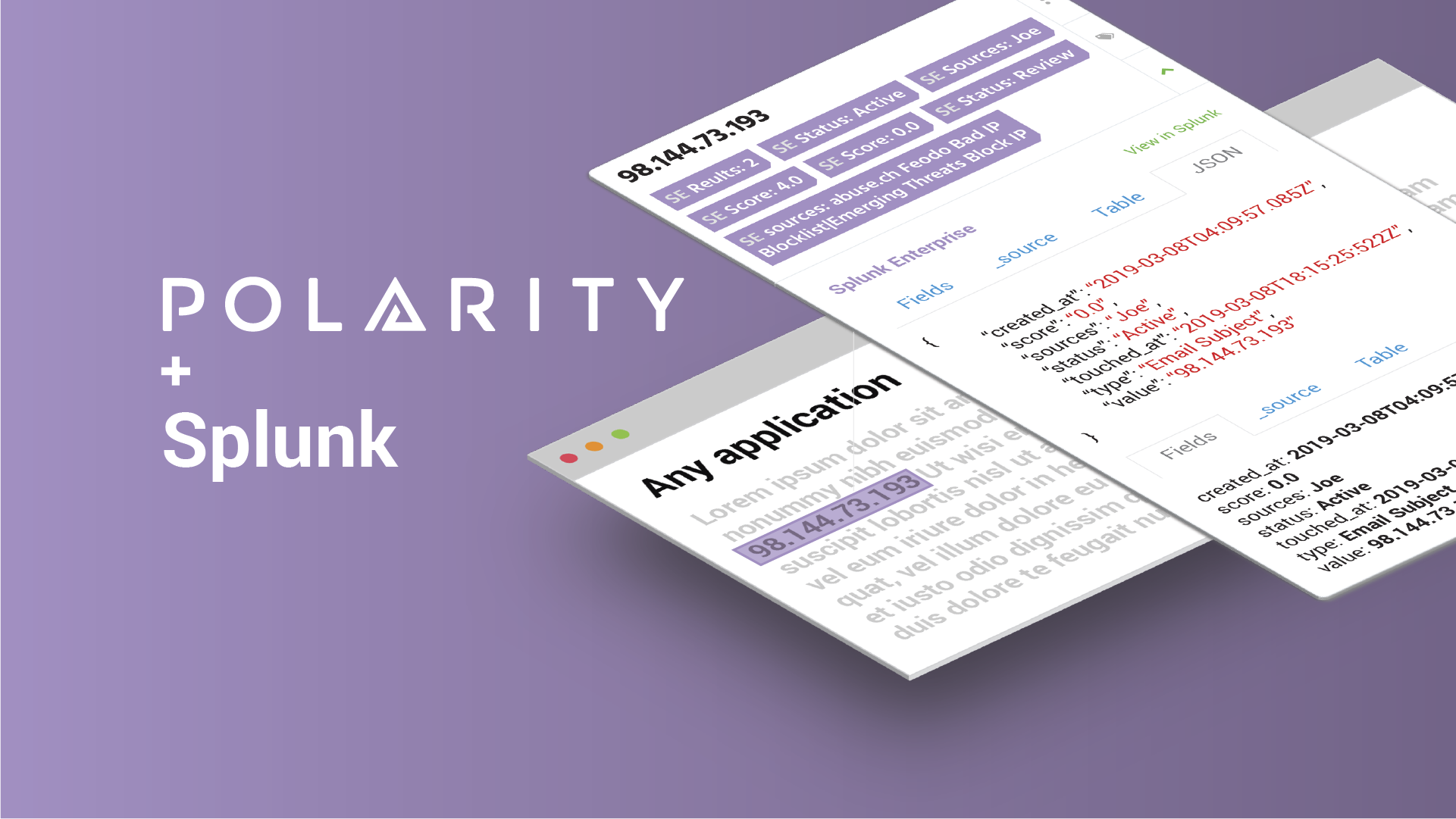Posted
We’re excited to announce our updated integration with Splunk, a platform that empowers teams from Security to IoT to Business Analysis with data. These updates will enable Polarity users to retrieve a more in-depth analysis from different Splunk queries even more seamlessly than before.
Now, instead of running the same Splunk query over and over to get context on an issue, analysts can let Polarity, the augmented reality platform for your desktop, do the tedious work, dedicating their time to high-level analysis and problem-solving instead.
What is Splunk?
Splunk is the world’s first Data-to-Everything Platform, empowering organizations to focus on the results their data can deliver without worrying about its source. By providing real-time visibility, Splunk enables innovators in IT, Security, IoT, and business operations to gain a comprehensive understanding of their business. With Splunk, organizations can transform data into actionable outcomes and embrace cutting-edge technologies to thrive in a data-driven future.
The updated Splunk integration enables Polarity users to:
- use the Splunk API instead of more time consuming direct queries
- benefit from updated entity type support
- specify what data to return in the summary field

Getting started with the Splunk integration
- Ask your Polarity Admin to install the integration on your server
- Set up the query you want to run
- Save time!
That’s it (really!).

